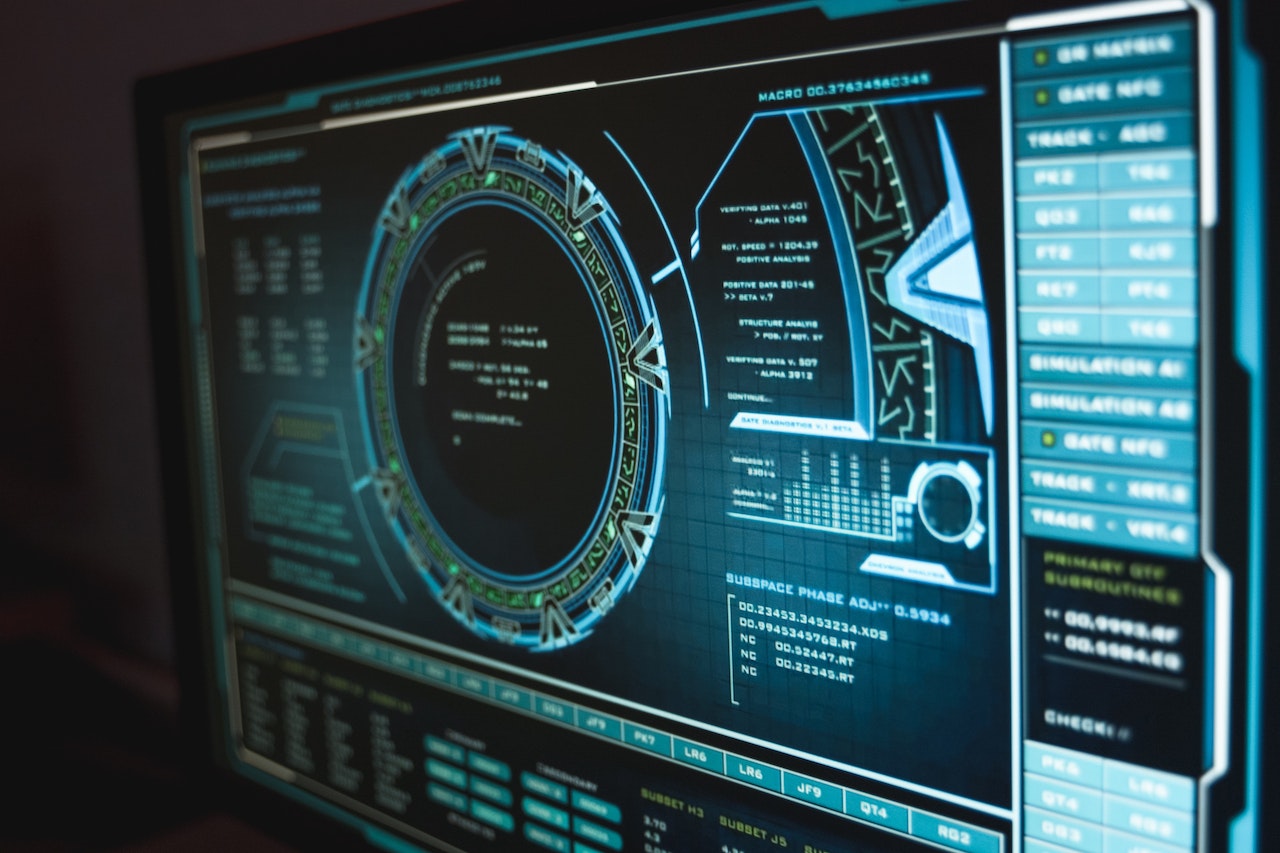Effective communication is a fundamental skill that plays a crucial role in our personal and professional lives. It encompasses the ability to convey our thoughts, ideas, and emotions clearly and efficiently, while also actively listening and understanding others. Mastering the art of effective communication is essential for building strong relationships, resolving conflicts, and achieving success in various areas of life.
One key aspect of effective communication is clarity. Clear communication involves expressing ourselves in a concise and coherent manner, using simple and understandable language. It requires organizing our thoughts and ideas before communicating them to others, ensuring that our message is delivered accurately and comprehensively. By conveying our thoughts clearly, we minimize the risk of misunderstandings and create a solid foundation for productive interactions.
Active listening is another critical skill for effective communication. It involves giving our full attention to the speaker, without interrupting or formulating responses in our mind. Active listening allows us to truly understand the speaker’s perspective, emotions, and needs. It involves not only hearing the words spoken but also paying attention to nonverbal cues, such as body language and facial expressions. By actively listening, we demonstrate respect, empathy, and a willingness to understand others, fostering open and meaningful dialogue.
Read More: Technology important in human life
Empathy is a powerful tool in effective communication. It involves putting ourselves in the other person’s shoes, understanding their feelings, and acknowledging their experiences. When we communicate with empathy, we create a safe and supportive environment, where individuals feel heard, valued, and understood. By showing empathy, we can build stronger connections, resolve conflicts, and collaborate more effectively.
Nonverbal communication, including body language and facial expressions, also plays a significant role in effective communication. Our gestures, posture, and tone of voice can convey messages that complement or even contradict our words. Being aware of our nonverbal cues and actively managing them can enhance our communication skills. Maintaining eye contact, using appropriate facial expressions, and having an open and confident body posture can enhance our message’s impact and foster better understanding.
Adaptability is a crucial skill for effective communication in diverse settings. Different individuals have unique communication styles and preferences. Being adaptable allows us to adjust our communication approach to accommodate the needs and preferences of others. It involves recognizing and respecting cultural differences, being open to feedback, and tailoring our communication style to build rapport and foster effective dialogue with individuals from different backgrounds.
Clarity, active listening, empathy, and adaptability are essential skills for effective communication. However, another crucial aspect is self-awareness. Understanding our own communication style, strengths, and areas for improvement enables us to continuously develop and refine our communication skills. Self-awareness helps us identify and address potential barriers to effective communication, such as biases, assumptions, or emotional triggers. By actively working on self-awareness, we can enhance our ability to communicate effectively and authentically.
Effective communication is not limited to verbal exchanges; it also encompasses written communication. Strong writing skills are essential for conveying ideas clearly and persuasively in emails, reports, and other written documents. It involves organizing thoughts logically, using appropriate language, and adapting the writing style to the intended audience. By mastering written communication, we can effectively transmit information, influence others, and establish credibility.
In conclusion, the art of effective communication is a multifaceted skill set that can significantly impact our personal and professional lives. Clarity, active listening, empathy, adaptability, and self-awareness are key components of effective communication. By continuously honing these skills, we can build stronger relationships, resolve conflicts, and achieve success in various spheres of life. Effective communication is a powerful tool that enables us to connect with others, understand diverse perspectives, and navigate through the complexities of human interaction.




